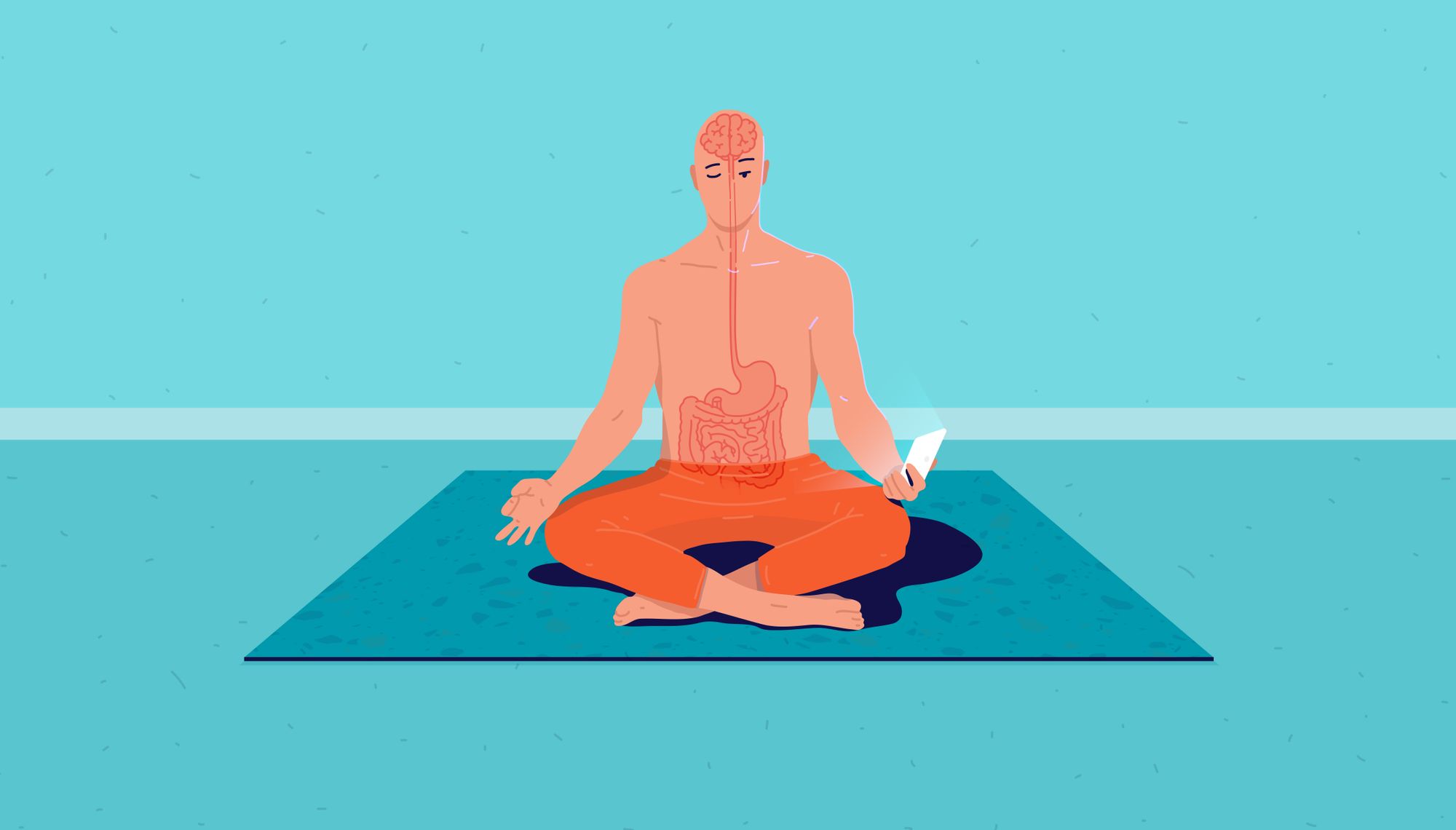Stress, Development, and the Microbiome
Stress, the sort that persists and comes from sources beyond our control, can be detrimental to our health, and even more so to the young (Luna R. et al. 2015). When outside sources of stress are present from a young age, normal development and the adult stress response is impacted in a way that makes healthy coping with stress more difficult throughout life (McEwen et al. 2011) (Eliand L. et al. 2013). Environmental stressors can not only cause developmental changes and impact overall health but can also cause changes to a person’s microbiome or the sum of microbes that coexist with an individual. Which could in-turn alter the sort of metabolites a person secretes (Verbeke K et al. 2015).


